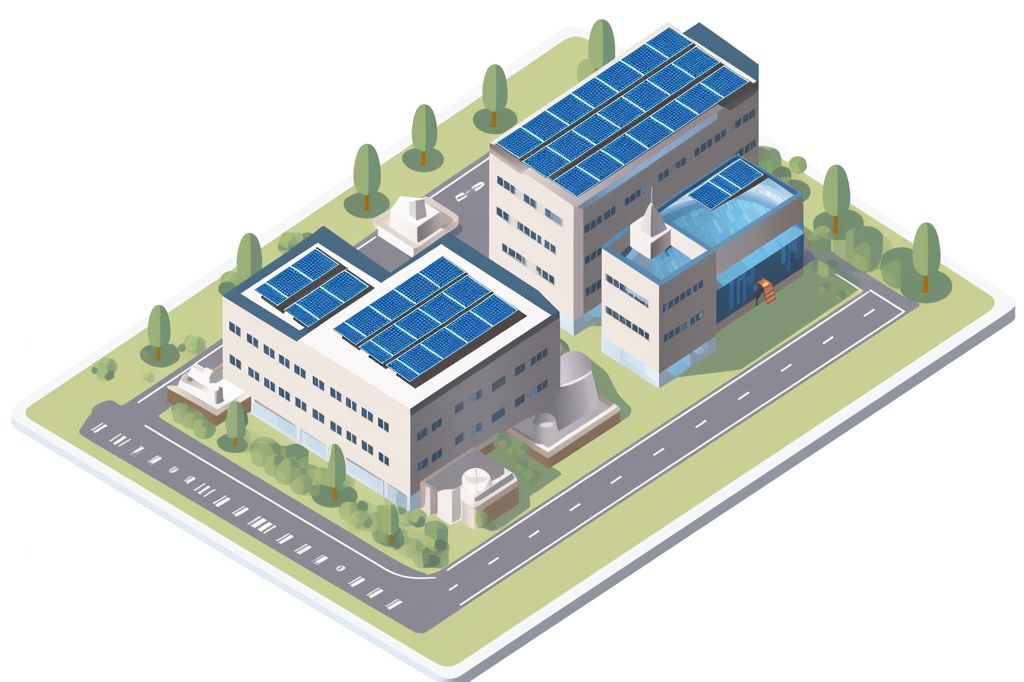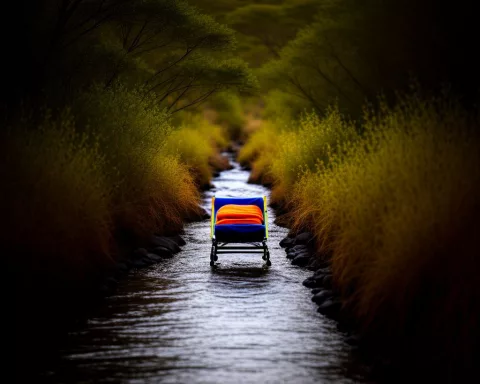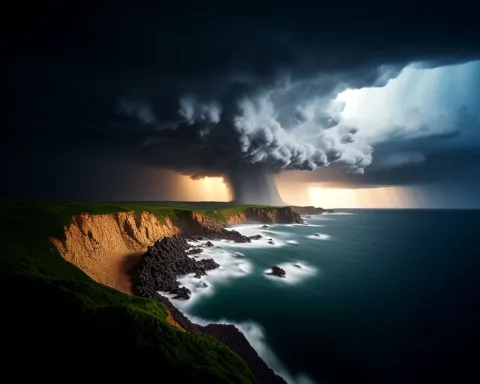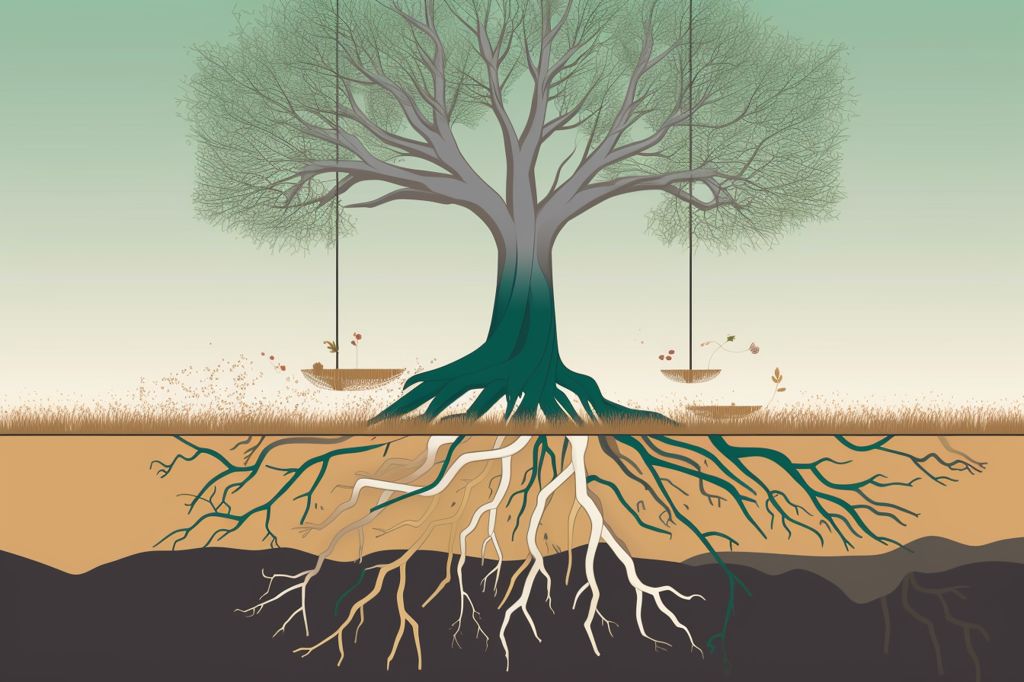South Africa has experienced frequent power outages or blackouts in recent years, disrupting businesses and homes. The energy crisis has hit the Western Cape hard, prompting the government to take significant steps toward making its facilities energy-resilient and protecting critical services from blackouts.
Renewable Energy Sources Installed on Government Buildings
The Western Cape Government uses renewable energy by installing solar photovoltaic (PV) systems on government buildings and facilities. For example, Premier Alan Winde recently visited a $17 million solar PV installation project at Karl Bremer Hospital. The project generates 663kWp electricity using 1,400 solar panels installed above parking bays, with solar photovoltaic panels covering the entire roof. The solar project has the potential to save the facility up to R5 million in electricity costs each year, and it will provide shaded parking for employees and clients.
Department of Infrastructure Boosts Energy Efficiency
The Western Cape Government’s Department of Infrastructure boosts energy efficiency at WCG-owned buildings and facilities. The department has allocated R61.9 million to energy initiatives for the 2023/24 financial year, including support for independent power producers’ procurement in Stellenbosch, project preparation to support gas power exploration, grid transmission upgrades, and solar geysers installation across key housing projects.
Solar PV System Installed on 17 Government Buildings
According to the WCG Property Efficiency Report for 2021/2022, 17 local government buildings across the province produced 2 222kWp through solar photovoltaic (PV). As a result, R16.67 million has been saved between the 2016/17 and 2021/22 financial years, redirected to service delivery.
Challenges Faced by Grant Beneficiaries
Despite the WCG’s efforts to make critical services energy resilient, grant beneficiaries raised concerns about persistent load shedding impacting key benefits during Premier Winde’s unannounced visit to South African Social Security Agency (SASSA) offices in Bellville. SASSA officials also admitted that their work is severely affected when blackouts strike, leading to longer waiting times and backlogs.
Private Sector Encouraged to Bolster Energy Security Drive
The Western Cape Government is encouraging the private sector to do its part in bolstering the energy security drive. The government’s budgetary allocations and investments demonstrate its commitment to finding ways to mitigate the impact of blackouts on its services. Through its initiatives, the WCG is making significant progress towards energy resilience for critical facilities and services, reducing the province’s dependence on fossil fuels and ultimately transforming the energy sector towards a cleaner future.












